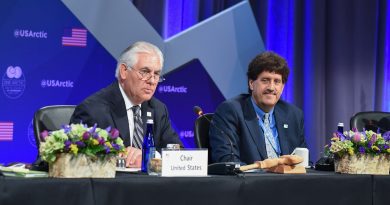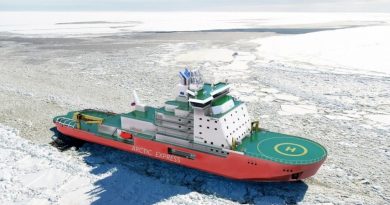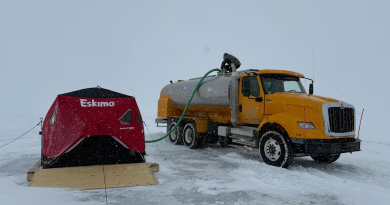Analysis: The one issue in Canada’s North that all major federal parties agree on
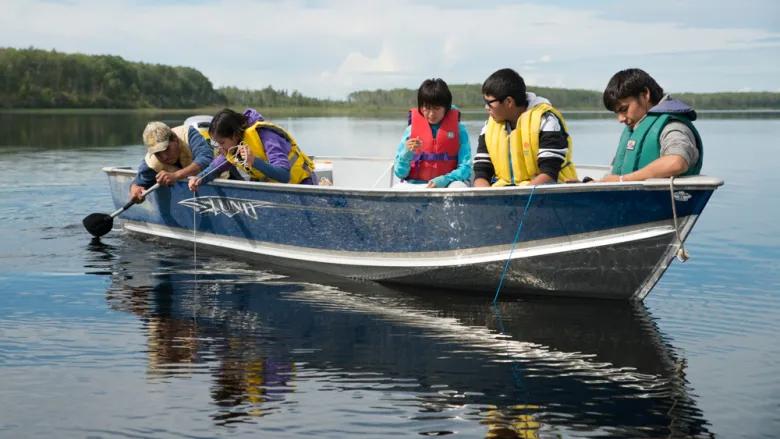
The Indigenous Guardians program has attracted support from all major parties
By Shannon Scott, CBC News
It’s not something that happens often in an election campaign, but read through the platforms of the four major parties running candidates in the North and there is something in there that might surprise you: an issue all of them agree on.
In their platforms, the Liberal, Conservative, NDP and Green parties all say they will support and, in some cases, expand the Indigenous Guardians program.
Introduced in the 2017-2018 federal budget, the pilot Indigenous Guardians program provided $5.7 million to 28 Indigenous communities across the country to help manage, protect and monitor ecologically sensitive areas. The guardians have been doing things like mapping permafrost, monitoring harvesting activities and promoting language conservation.
The major parties have recognized other northern issues, including the North’s housing crisis, climate change and infrastructure needs, but the Indigenous Guardians program appears to be the only North-specific issue that’s gotten similar traction, and commitments, from all four parties.
What the four major parties are saying
The Conservative Party of Canada says it will work “with Indigenous communities including by expanding the creation of Indigenous Protected and Conserved Areas (IPCAs) managed and stewarded by Indigenous Guardians.”
The Liberals introduced the program back in 2017. In its platform, the party says it will “work with First Nations, Inuit, and Métis partners to support new Indigenous Guardians programs and establish new Indigenous Guardians networks.”
The NDP is also committing to expanding the program, saying it will “support Indigenous-led nature conservation and land-use and climate planning, including by growing the Indigenous Guardians program,” while the Green Party says it will “support Indigenous-led protected and conservation areas and fund stewardship of these lands and waters by Indigenous Guardians.”
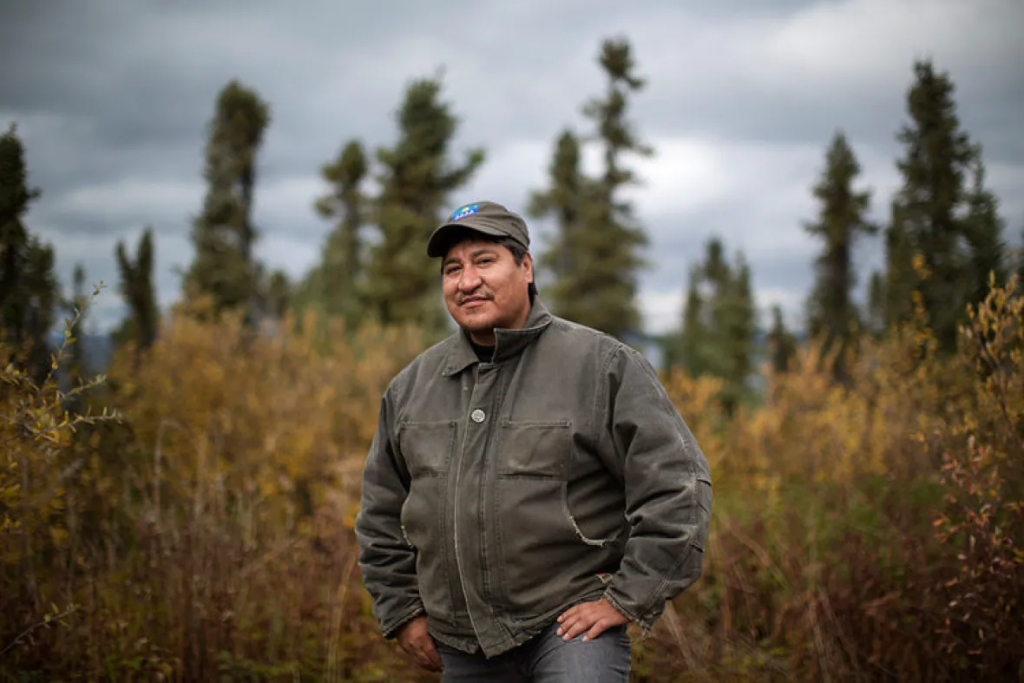
There’s not a lot of detail in the platforms about how much money the parties will commit to this program, or what expanding it will look like.
CBC has reached out to the parties for clarification. So far only the Conservative Party has responded, saying in an email that it would consult with communities and that “the scope of the program and what those expansions may look like will be developed as a part of those consultations.”
The Indigenous Guardians program
According to Steven Nitah of the Indigenous Leadership Initiative (ILI), the program has grown to encompass upwards of 80 different projects since it was first created, including a permafrost mapping project in conjunction with the Liidlii Kue First Nation in Fort Simpson, and a project with the Ni Hat’ni Dene who monitor and protect Thaidene Nene National Park Reserve. Nitah says there are many others waiting to get off the ground.
The funding has grown too. The last federal budget committed to as much as $173 million dollars for new and existing projects.
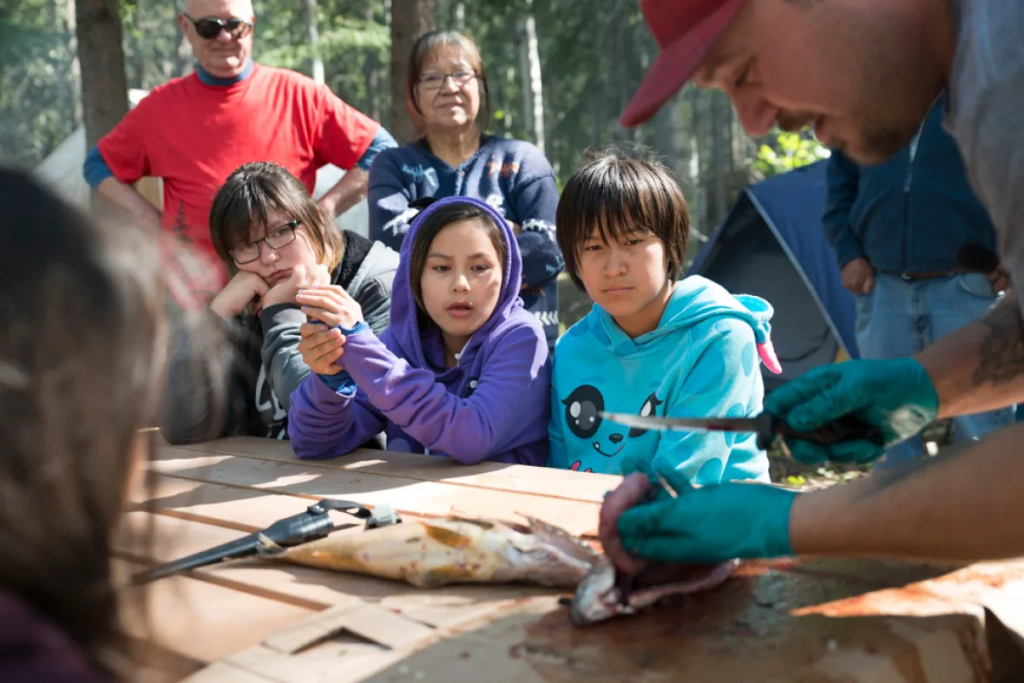
“These are programs that are a good investment for the tax base,” said Nitah. “[They are] creating employment in very difficult places to create employment … in rural areas of the country, in northern parts of the provinces and all the territories.”
Nitah said the strength of the program is that it’s an investment in the community, not a social handout. A study commissioned by the ILI found that, in the Northwest Territories, every dollar invested in these projects provides a $2.50 return on investment, and with steady, predictable funding, that return could grow to as much as $3.70.
Nitah said the ILI has crunched some numbers and found that “to have 200 programs in the country or more we need $600 million annually.”
A step toward reconciliation
Indigenous reconciliation has been a recurring theme this election, and was the focus of one segment in the only English-language leaders’ debate. Nitah said supporting and expanding the Indigenous Guardians program is one step in the process of reconciliation that can be taken right now.
“It’s about building relationships and rebuilding relationships,” said Nitah.
“It’s about designing what type of relationships people have within the territories of Indigenous nations across the country. So to me, that’s the opportunity that exists, and we also have an opportunity to create and maintain a stable economy around these programs and around the awesome responsibility that we, as Canadians, have.”
Related stories from around the North:
Canada: Indigenous issues among focuses of Canadian English federal leaders’ debate, CBC News
Finland: Miners hunting for metals to battery cars threaten Finland’s Sámi reindeer herders’ homeland, The Independent Barents Observer
Greenland: Greenland’s more prominent role on Arctic Council important signal to int’l community says foreign minister, Eye on the Arctic
Norway: The Arctic railway: Building a future or destroying a culture?, Eye on the Arctic
Russia: Indigenous Peoples call on Nornickel’s global partners to demand environmental action, The Independent Barents Observer
United States: Indigenous groups in Alaska welcome Biden’s bid to protect critical Bering Sea area, Radio Canada International

